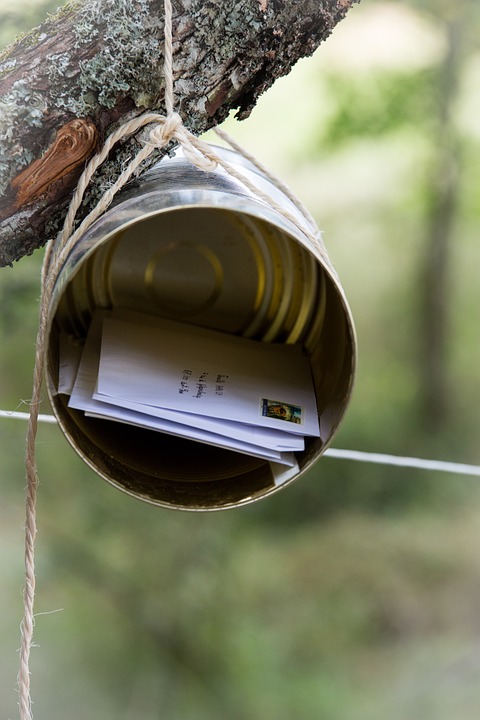Table of Contents
Introduction
When it comes to camping, one of the highlights for many outdoor enthusiasts is the chance to sleep under the stars.
There is something truly magical about being able to rest amidst nature’s beauty and soak in the tranquility.
But what factors contribute to a quality camping sleep?
In this article, we will delve into the science behind sleeping under the stars and how to optimize your camping sleep experience.
The Role of Circadian Rhythms
Our bodies are influenced by circadian rhythms, which are internal processes that regulate our sleep-wake cycle.
When camping, the absence of artificial lighting and exposure to natural light sources can help align our body’s internal clock with the rising and setting of the sun.
This synchronization can promote better sleep quality, deeper relaxation, and a more refreshed feeling upon waking up.
The Benefits of Fresh Air
Camping allows us to inhale fresh outdoor air throughout the night.
Compared to the stale, sometimes polluted air found indoors, the crisp and clean air in nature can have significant benefits on our sleep.
The increased oxygen intake can enhance respiratory function, reduce snoring tendencies, and improve overall sleep quality.
The Impact of Sleeping Surface
The surface on which you sleep plays a crucial role in your camping sleep experience.
Investing in a high-quality sleeping pad or inflatable mattress can greatly improve comfort and support.
Firmness, insulation, and size are important factors to consider when selecting a sleeping surface.
A comfortable sleeping pad can alleviate pressure points and provide a more restful sleep throughout the night.
Managing Temperature and Moisture
Temperature regulation is crucial for a good night’s sleep while camping.
It’s important to choose appropriate sleeping gear that caters to the temperature range of your camping location.
Layering your clothing and using a high-quality sleeping bag can help you stay warm during chilly nights.
Additionally, managing moisture is essential to avoid feeling damp or uncomfortable.
Using a waterproof groundsheet or tarp under your tent can prevent moisture from seeping in and disrupting your sleep.
Minimizing Noise and Light
Being attentive to your surroundings and choosing a quiet camping spot can significantly reduce noise disruptions while sleeping.
Earplugs can also be useful to block out any unwanted sounds.
Furthermore, blocking out excess light is essential for quality camping sleep.
Investing in a durable and reliable tent with good light-blocking capabilities or using an eye mask can help ensure a darker sleeping environment.
The Role of Relaxation Techniques
Before bedtime, engaging in relaxing activities such as taking a soothing walk, doing gentle stretches, or practicing meditation can prepare your body and mind for sleep.
Creating a bedtime routine that incorporates these techniques can signal to your brain that it’s time to wind down and enter a state of restful relaxation.
FAQs
Q: How can I overcome discomfort while sleeping on the ground?
A: Using a high-quality sleeping pad or inflatable mattress can provide additional comfort and support.
Opt for thicker pads with good insulation to minimize discomfort caused by uneven surfaces and temperature changes.
Q: Are there any natural remedies to fall asleep faster while camping?
A: Yes, certain herbs like chamomile, lavender, and valerian root have calming properties that can aid in falling asleep faster.
You can try herbal teas or essential oils infused with these herbs to promote relaxation and induce sleep.
Q: How can I prevent insects from disturbing my sleep?
A: Using a mosquito net or applying insect repellent can help keep insects at bay.
Additionally, consider wearing long-sleeved clothing and pants to minimize exposed skin.
Q: Should I adjust my sleep schedule while camping?
A: It is advisable to adapt your sleep schedule to align with the natural sunrise and sunset.
Going to bed earlier and waking up with the sun can help optimize your camping sleep experience and enhance your overall well-being.





